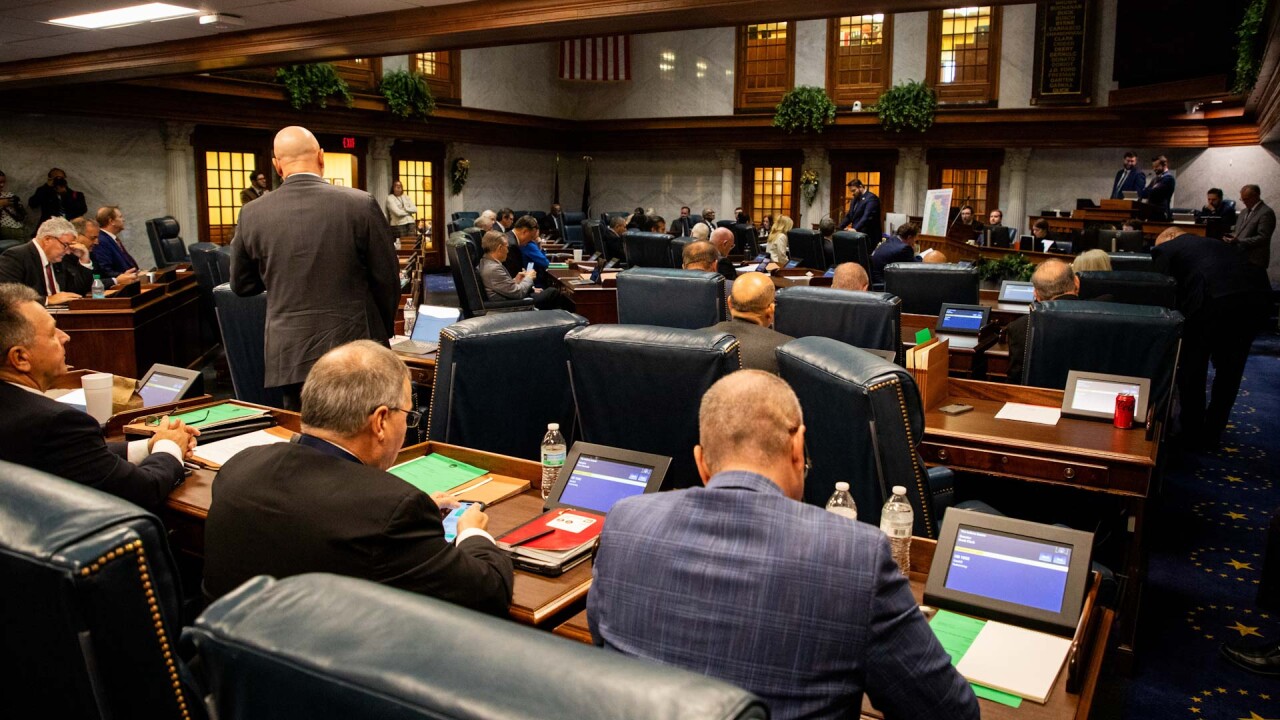Nassau County, New York, is tasked with formulating a contingency plan for confronting future deficits as a requirement for its new $3.3 billion budget approved by the Nassau Interim Finance Authority.
The state fiscal control board required Nassau to develop by March 31 a plan to address sales tax revenue losses in 2021 and future budget shortfalls. NIFA has controlled finances of the large suburban New York City county since 2011.

NIFA Chairman Adam Barsky said that while a
“It is meant to be a bridge back to a road for toward fiscal balance,” Barsky said. “This is an opportunity for them to do the hard work needed to become a smaller and smarter government.”
The press office for Nassau County Executive Laura Curran did not immediately respond for comment on the contingency plan NIFA has requested. Curran has projected a 20% decline in sales tax collections in 2021 due to the COVID-19 pandemic. Sales tax revenue comprises around 40% of the county’s total budget.
Nassau’s 2021 budget relies largely on triple-A-rated NIFA refinancing $473 million of existing county debt over 15 years and also restructuring its own bonds. Curran previously sought a 30-year restructuring proposal that was
NIFA hired Goldman Sachs this past June to lead a potential restructuring effort. Barsky said he hopes to hit the bond market with a refinancing no later than early February.
“This is a restructuring of existing NIFA and county debt in a way that doesn’t increase overall borrowing, but provides the relief needed in the budget to address the impact of the pandemic,” Barsky said. “It is structured in a way that can provide a significant net present value savings.”
NIFA, which was formed in 2000, has $411 million of outstanding county debt scheduled to be paid off in 2025.
Nassau’s general obligation bonds are rated A-plus by S&P, A2 by Moody’s Investors Service and A by Fitch Ratings. The county's credit outlook is negative by Fitch and stable from S&P and Moody's.
The approved NIFA budget includes $69.5 million of savings from eliminating 329 vacant positions and other cost-cutting measures. It also established a “special revenue fund” for sales tax receipts that are in excess of 2021 estimates, which would be dedicated toward paying back tax refunds owed to businesses and avoid excess borrowing.





